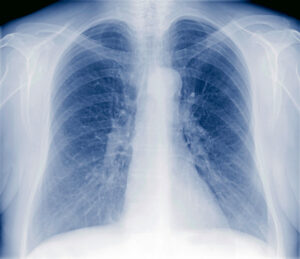Distinguishing between transfusion-associated circulatory overload (TACO), transfusion-related acute lung injury (TRALI), and other pulmonary transfusion reactions, including transfused-associated acute respiratory distress syndrome (ARDS), remains difficult. ARDS may be a risk for TRALI and complex cases of both TACO and TRALI may occur. Several biomarkers have been investigated in order to distinguish between these pulmonary transfusion reactions, including natriuretic peptides. Natriuretic peptides, such as N-terminal prohormone brain natriuretic peptide (NT-proBNP), are hormones released by cardiac myocytes in response to increased blood volume or ventricular wall stress. In order to investigate the levels of NT-proBNP in pulmonary transfusion reactions, a case-control study was performed with data collected from the NHLBI Recipient Epidemiology and Donor Evaluation Study-III (REDS-III). NT-proBNP levels were compared before and after transfusion in 160 patients with TACO, 51 patients with ARDS, 12 patients with TRALI, 7 patients with TACO and TRALI, and 335 control patients. Patients with ARDS and TACO had higher levels of NT-proBNP pre-transfusion compared to controls (P<0.001 both). NT-proBNP levels were not elevated in TRALI (P=0.31) and TACO/TRALI (P=0.23) patients compared to controls. However, NT-proBNP levels were higher in TRALI and ARDS cases with sepsis comparted to cases without sepsis (P<0.05). Further studies are needed to investigate the prognostic utility of NT-proBNP levels for pulmonary transfusion reactions.
Reference:

